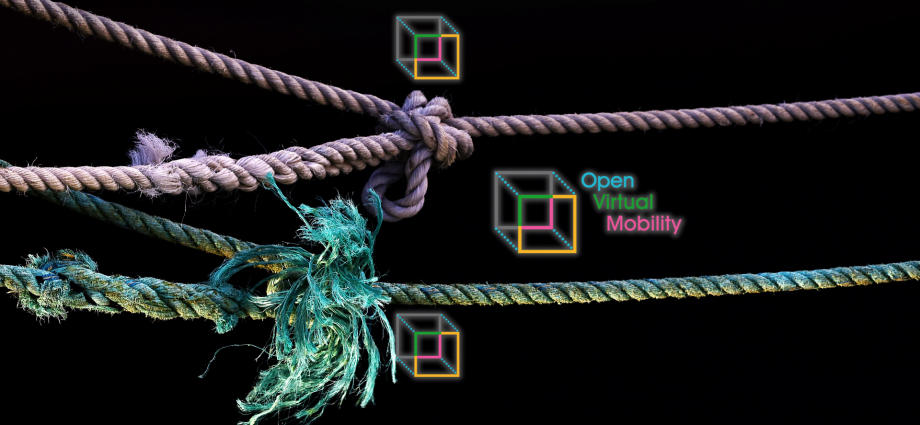O3-A1: Semantic competency definitions provided by an REST API competency directory
Milestone 1 document (issued 16. May 2018):
Definition of competencies in a structured machine-readable and human-readable way helps in connecting systems. Semantic data formats define a specific vocabulary to express competencies without ambiguities and allow to cross-reference competencies within one competency framework as well as across different frameworks. To address one such defined competency a unique address (IRI) is provided by digital competency directories. These IRIs can then be used to reference one or more competencies from competency-related applications, e.g. Open Badges. To find existing competency definitions a directory provides search interfaces (web-frontend or API).
After providing an overview over the existing solutions to express competencies in a semantic way, the technical solutions are discussed. Finally, the specific needs for the provision of a competency directory for open virtual mobility skills are discussed. A survey is developed and presented to collect answers from the experts of project-involved partner organizations. The answers are meant to clarify the prioritization of the needed functionality of the competency directory and the needed data attributes of competencies.
Download the full document (14 pages, PDF, 356kB)O3-A2: Optimization of learning groups in the Learning hub using a Moodle plugin for group formation
Milestone 1 document (issued 16. May 2018):
The achievement of virtual mobility skills is related to inter-personal, inter-cultural and inter-disciplinary teamwork competence. Thus with certain tasks of the online learning resources provides by the open virtual mobility project (openVM), learners (teachers, students) are expected to work collaboratively. Usually, group formation for collaborative course work is based on random selection or self-selection. Based on existing research in the field of algorithmic learning group formation, this text will define what is meant by successful group learning activity (the optimization goal). Before focusing on the openVM needs, the document will highlight the general scientific findings about important criteria for successful group work. It will become clear that several criteria, e.g. prior knowledge or motivation, are found to play important roles for the success of learning groups. In brief, criteria can be optimized to be heterogeneously spread among group members (to amend each other) of homogeneously (similar). Further the document will explain the modelling of such criteria as input vectors for the optimization algorithm. This includes nominal, ordinal and interval scale values. Afterwards, functionality of the existing Moodle plugin mod_groupformation is presented and specific requirements for the openVM learning hub will be discussed.
Specifically, for the process of defining the matching criteria to be used in the project, the draft will propose next steps like opinion collection after tasks are known/defined by output O6 as well as the technical aspects of adapting and integrating the plugin to the Virtual Mobility Learning hub.
Download the full document (14 pages, PDF, 388kB)

